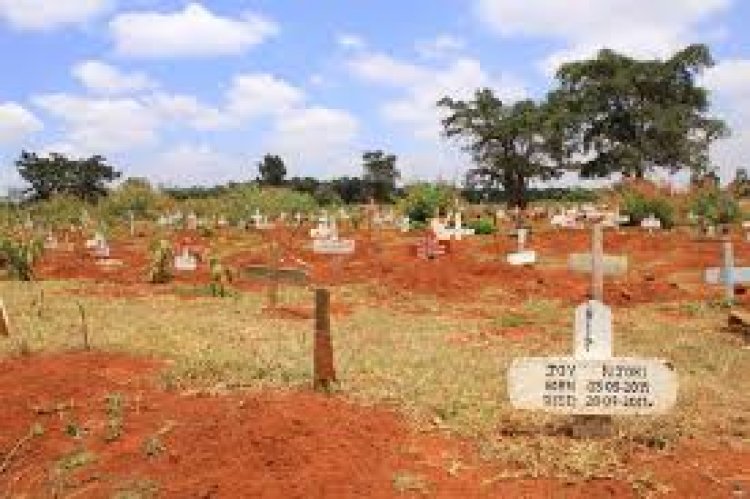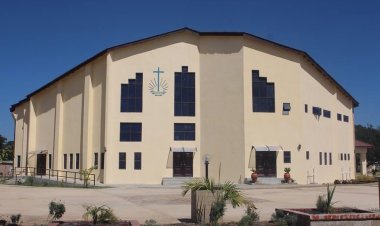Legal Implications of Burying Bodies on Top of Other Bodies in Cemeteries
For years now Lang’ata cemetery has been full yet reports indicated that at least 30 bodies are being buried each week. The question is where do all these bodies go to?

"Grave recycling"-The practice of burying bodies on top of others.
Despite the reports that Lang’ata cemetery lacks space to accommodate new bodies, decedents keep arriving making it possible to recycle graves in the cemetery. Many African cultures value the dead and they prefer giving a decent send off. Slowly this culture is eroded especially for those who bury their loved ones in the city.
The rights and obligations that relate to the burying of human remains is a critical topic that is of importance to a family that has lost their loved one yet, this is a subject that is rarely discussed.
What are the legal implications of ‘recycling graves’ in cemeteries?
a) Right to human dignity
Failure to dispose of the body properly is an offense since Article 28 of the constitution that states that every individual has inherent dignity and the right to have it protected and respected. Even in death, this right has to be respected therefore this practice goes against the law. At all times the dead should be given a decent sendoff. Due to the congestion of Lang’ata cemetery, finding space to bury a body is a major challenge making it possible for this practice to occur.
b) Preserving cultural norms
Final ceremonies for the dead are often carried out but in some cases, the duration of the ceremonies is limited since there can be more than one burial taking place within a day. Article 44 provides for a right to enjoy and participate in one and also to maintain and join the cultural and linguistic associations and other organs of the civil society. Usually, the remains of one's deceased body are given to the surviving next of kin for the purpose of preservation and burial therefore anyone who unlawfully interferes with this or improperly deals with the decedent body can be charged in the court of law.
c) Public health hazards
It is required that bodies be buried six feet under but with the ongoing recycling of graves it is not possible to achieve that in the Lang’ata Cemetery since the place is already congested. Shallow graves can pose health hazards. Disposing of human remains is a topic of public interest since the public’s interest, health and safety affects the general public. Therefore the government can come up with meaningful regulations for burials. As far as the protection of public health and safety is concerned, there is no question of power to the legislature when it comes to practicing complete control of burials.
Other forms of disposing of human remains are
1.) Cremation
2.) Entombment
3) Mass burial


































![4 Indigenous Tribes Living in Huts in East Africa [PHOTOS]](https://realestateblogpost.com/uploads/images/2023/06/image_380x226_6482dd8b5c94a.jpg)